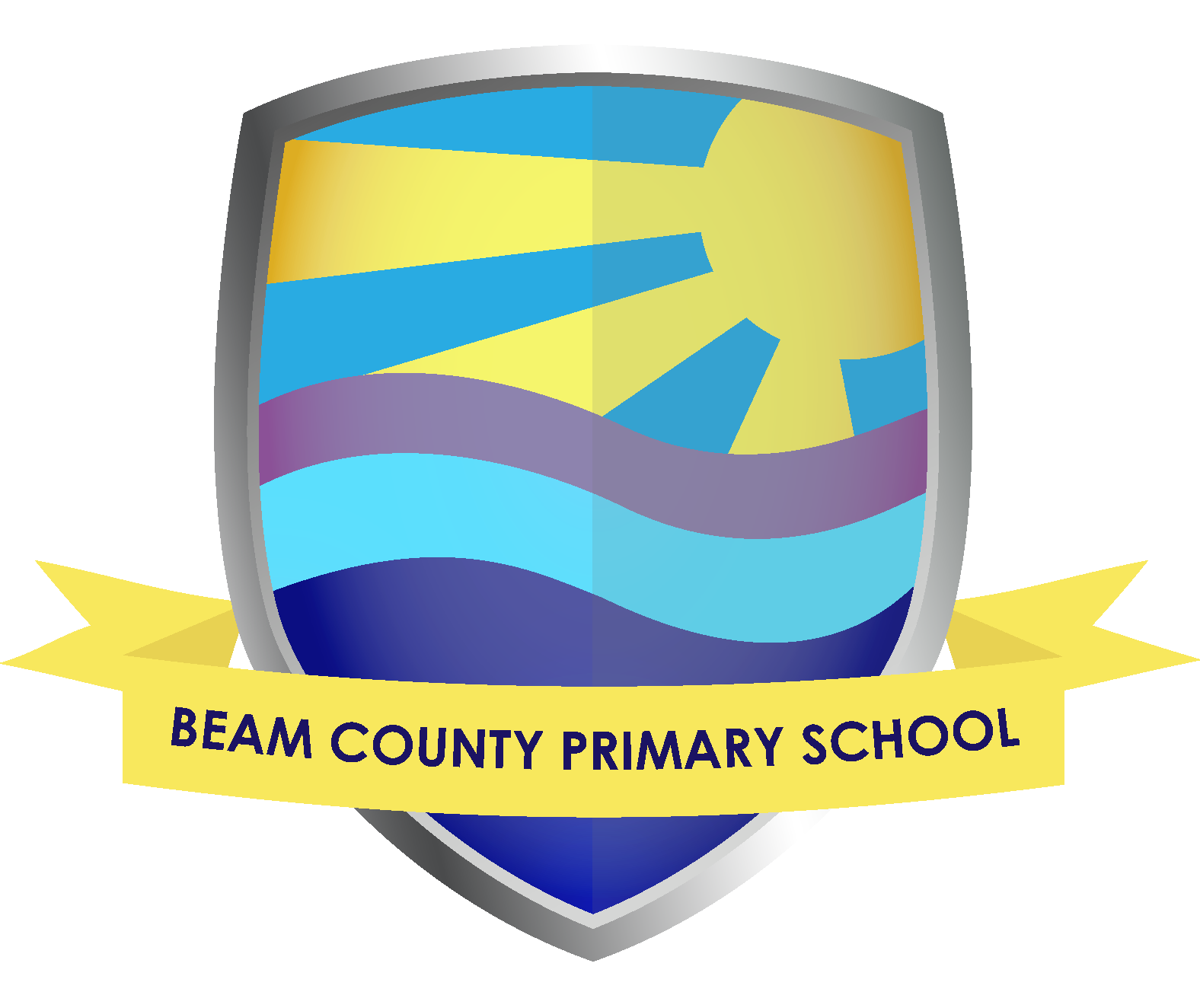Pupil Parliament
Statement of Intent:
The Pupil Parliament will:
- Provide children with a ‘voice’
- Represent all pupils and include a fair representation of the school.
- Take time to listen to all pupils and communicate their views so that they feel valued
- Feedback to pupils about what has happened about their views.
- ‘Action’ decisions that have been made or explain why certain suggestions cannot be implemented
- Promote pupil leadership opportunities, enabling children to develop valuable communication, organisation and debating skills through key roles of responsibility and new experiences.
- Encourage us all to be respectful citizens empowered to contribute positively to the wider community.
- Deepen understanding of democracy and British values.
Beam’s Pupil Parliament – questions and answers
What is our Pupil Parliament?
Pupil Parliament is a way for all pupils to share and listen to each other's ideas. Elected class representatives meet together, share and discuss information they have gathered from their class, and report back on decisions made.
How do pupils have a chance to be heard?
- Representatives from each year 1 to year 6 class have been elected by the children in their class.
- The representatives meet together to share, discuss and take action.
- The representatives give feedback to those they represent.
Why do we have a Pupil Parliament at Beam?
Pupil Parliament provides children with a ‘voice’ in what happens in our school.
It is one of the ways our school leaders take time to listen to pupils so children can communicate their views and know that what they have to say is valued
Pupil Parliament promotes pupil leadership opportunities, enabling children to develop valuable communication, organisation and debating skills through key roles of responsibility and new experiences.
It will encourage us all to be respectful citizens who feel empowered to contribute positively to the wider community.
Pupil Parliament will help to deepen understanding of democracy and British values.
What has happened so far?
The elected members listen to their classmates, discuss what other representatives say, and make suggestions.
For example:
Pupils told Member Representatives that although most of them like play and lunchtimes, there are lots of ways it can be better. The Pupil Parliament invited our wonderful Headteacher, Ms Whittington, to a session and made a persuasive presentation. As a direct outcome, a budget for updating play equipment was given so that the range of activities could be increased.
The Pupil Parliament also met with our lovely Ms Cariba, who oversees lunchtimes, and together, plans have been made for more exciting and enjoyable play experiences.
Staff have listened to the pupils and are planning more clubs and activities.
What will happen next?
This is a good question, and the answer depends on what the pupils want. If you have an idea to make our fantastic school even better, make sure that you share it with a Pupil Parliament Representative.
They take their responsibilities seriously and understand that they are presenting not their own views but those of their class.
Who would make a good representative?
Someone who ….
- Will speak for others (not themselves)
- Can understand what others are saying
- Is willing to give up some of their time (Parliament will have sessions at lunchtime)
- Can explain what has happened to those they represent
- Is a good listener and explainer
- Understands that they are not in charge of those they represent but are offering to do their best for them.
